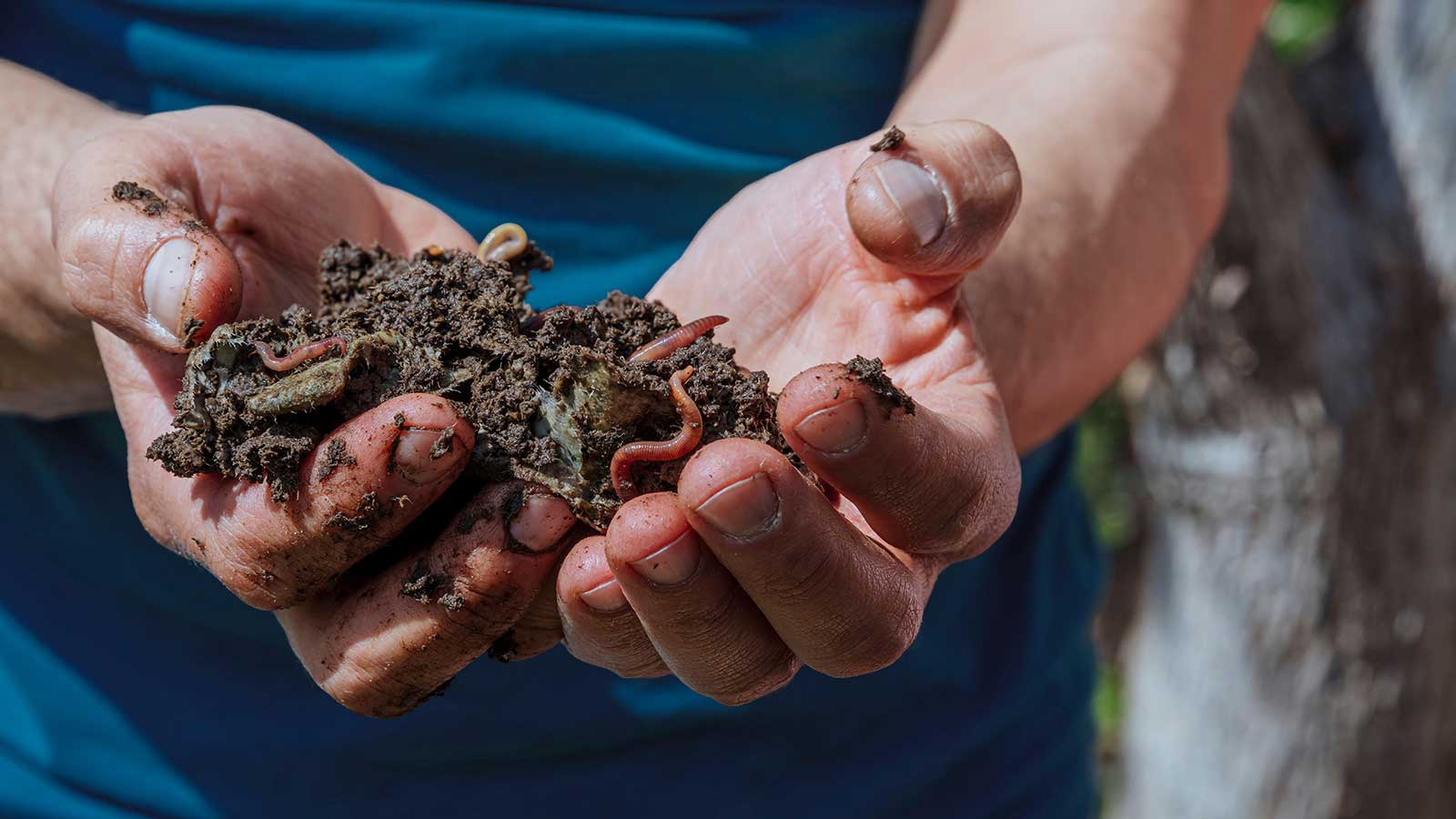
A wormery turns kitchen scraps into valuable, nutrient-rich vermicompost, as well as 'worm tea' for diluting and using as a liquid fertilizer. If you don't have one already, they're well worth considering if you're trying to be more eco-friendly.
'In winter, worm activity slows down a lot, but as conditions warm again in spring you can kick-start the worm-composting process,' says Lucy Chamberlain, a fruit-and-veg-growing expert. Now's the time to move your wormery out of its frost-free spot – or unwrap its winter coat of bubble wrap – empty any surplus liquid, and give it the first feed of the year, she adds.
But when feeding your wormery, there are some dos and don'ts to bear in mind. Cooked veggies, and many raw ones, can be added, as well as eggshells, teabags, and even carbohydrates such as bread. Soft, green, garden waste can also go into your wormery, providing you don't overdo it. But there are some kitchen scraps and other items that should be left out, as they can cause unpleasant odors, attract pests, harm your worms, and slow down the composting process.
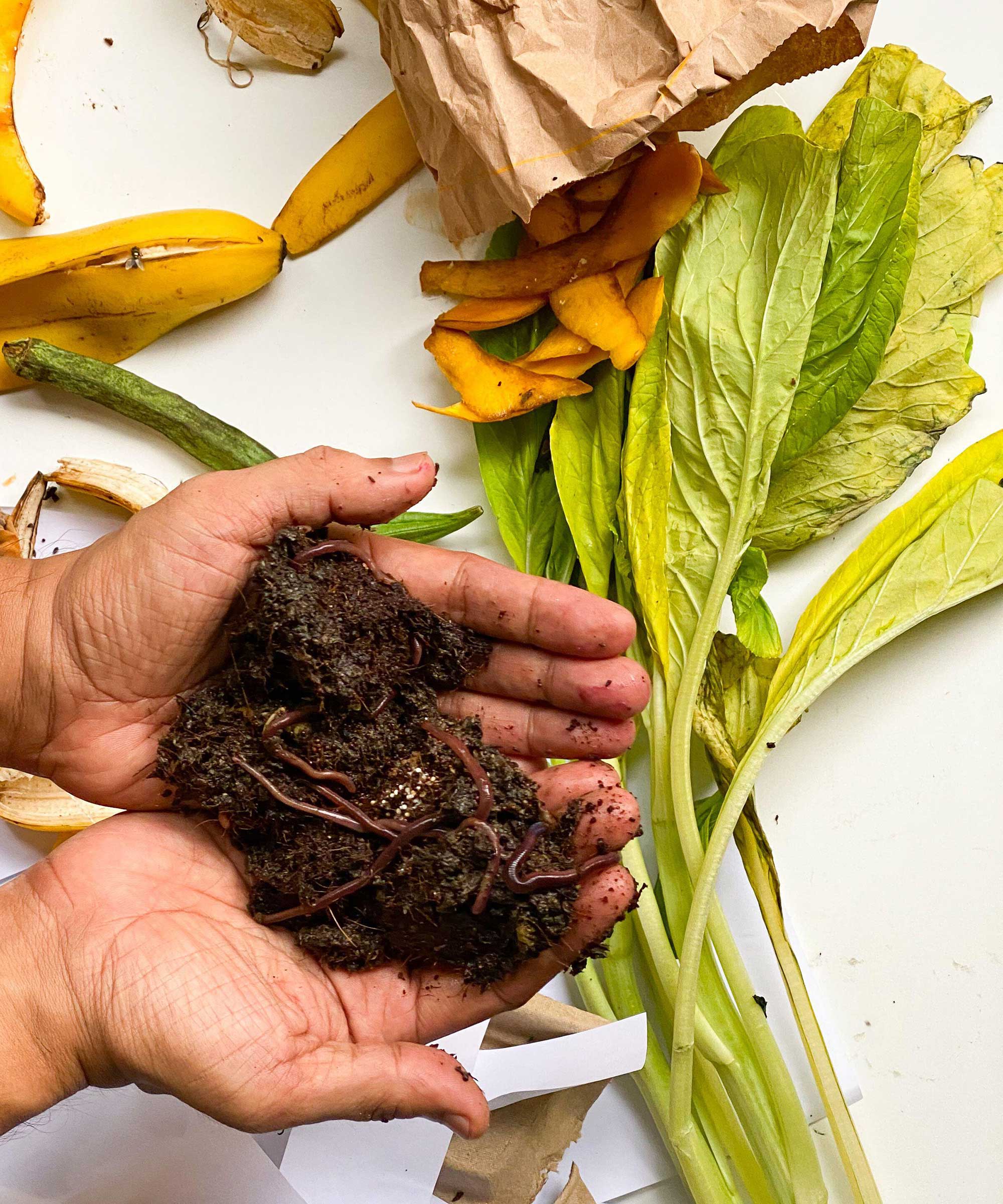
6 foods to keep out of your wormery
Wormeries are a great addition to a sustainable garden. But, just like when making regular homemade compost, there are some things that are best left out.
1. Acidic foods
Worms do not like acidic foods so do not feed them any citrus fruit, including the rinds, says Annie Bernauer, owner of the Montana Homesteader website. 'These foods make the worm bin too acidic so the worms won't thrive.' In fact, some gardeners claim that too much acidity can kill them. Onions, garlic, and tomatoes can also cause this problem.
If you must add these foods, only add a small amount, and you can add lime, too, to neutralize the effects. Cooking the food first can also help.
2. Fatty products, including meat
Annie also advises against adding dairy, meat products, bones, fats, oils or sauces to your wormery. Why? These foods will quickly go rancid which will give off a very unwelcome odor, plus they are likely to attract flies and other pests such as skunks.
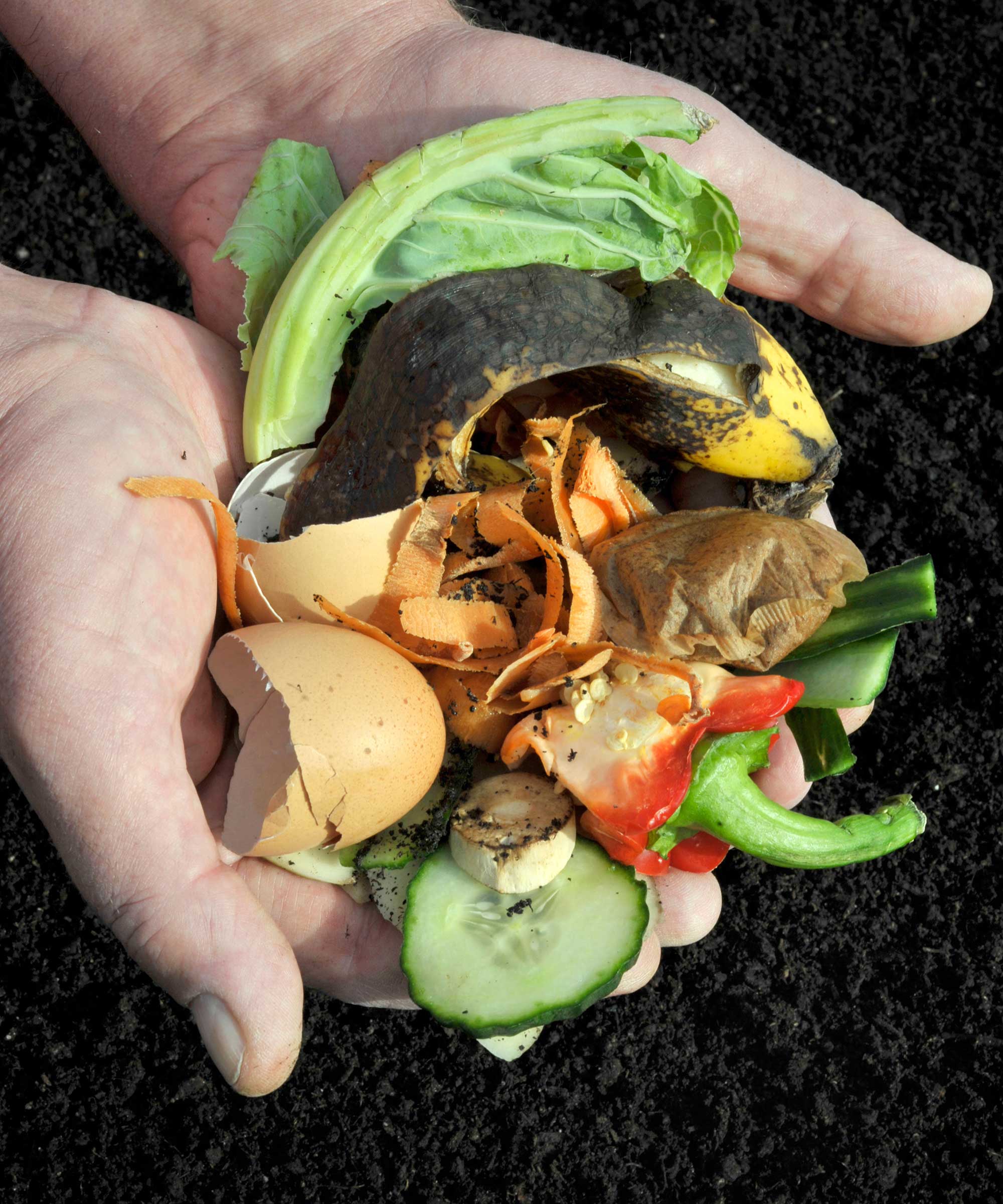
3. Spicy foods
Annie says not to add spicy foods to your wormery, such as hot chili peppers. 'These foods can irritate the soft-skinned worms and negatively impact their health.'
As a result, they are likely to avoid them entirely, meaning your composting process will slow down.
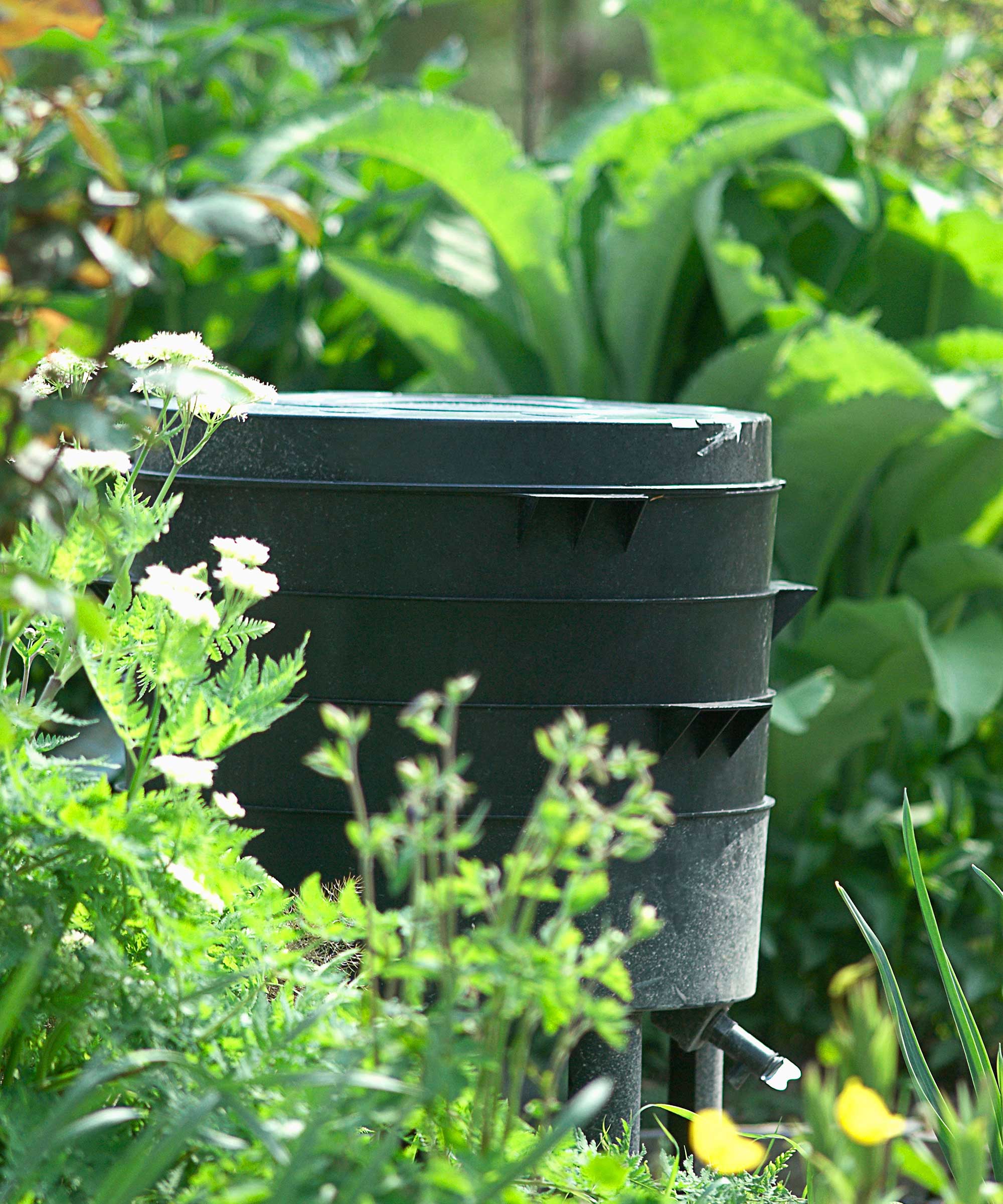
4. Salty or processed food
'Salty foods and highly processed foods are unhealthy for worms and can harm their digestive systems,' says Annie.
If you do add a small amount in, be sure to balance it out with plenty of veggies and other wormery-friendly foods to maintain a healthy system.
5. Some types of paper
Shredded paper, including newspaper, can be a great addition to wormeries, as can small pieces of cardboard. They are good at absorbing moisture and are carbon-rich, which will help make your wormery thrive.
But, avoid feeding composting worms shiny paper, bleached paper or highly colored paper, Annie says. 'The inks and chemicals in these products can be toxic to the worms.'
6. Woody garden waste
If you've recently been pruning your roses or other shrubs, it may be tempting to add the woody garden waste to your wormery. But, the Royal Horticultural Society advises against this, especially in large quantities, as it will slow down the composting process. Put these in your usual compost heap instead, if you have one.
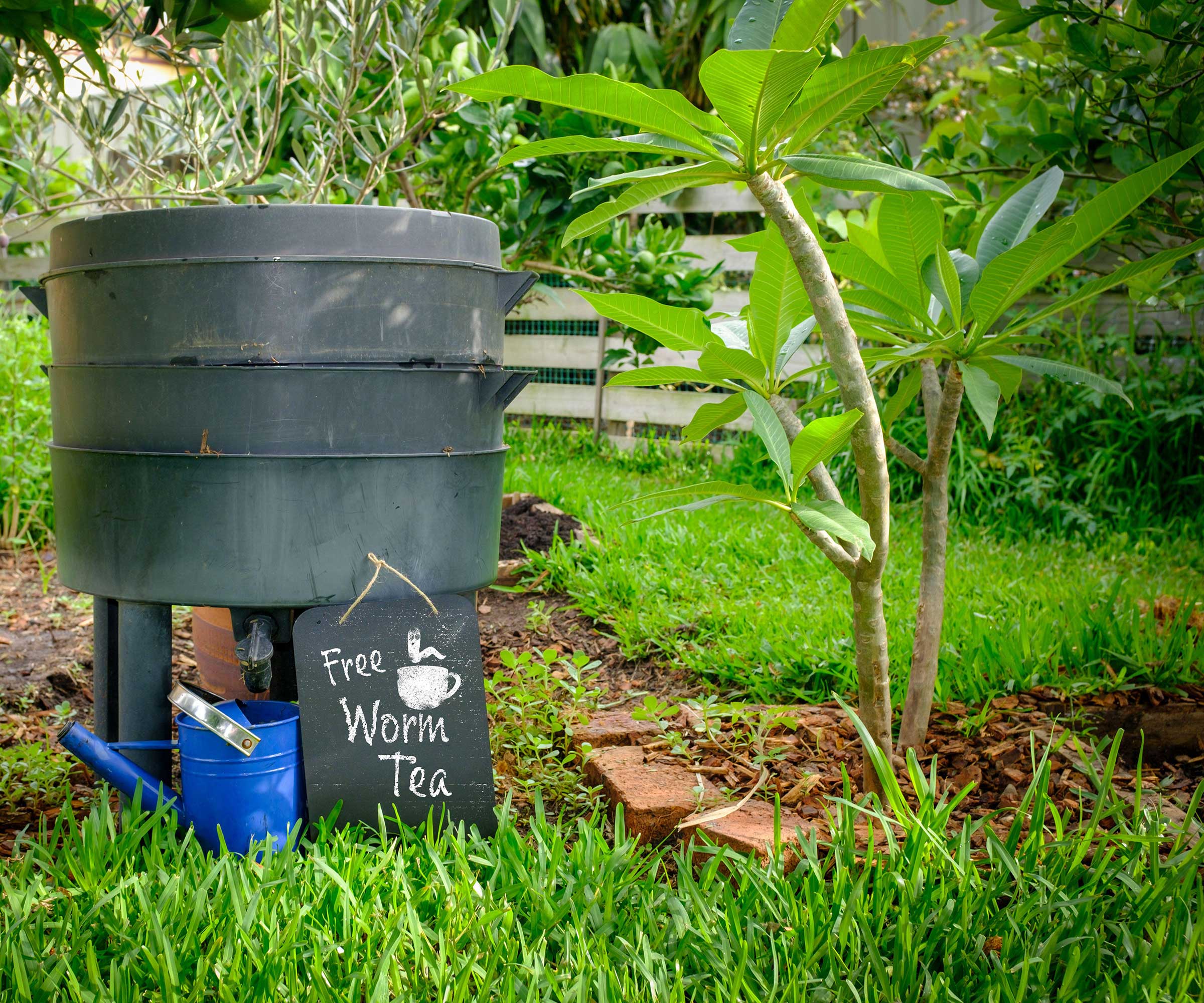
FAQS
How should you add food to a wormery?
When adding food scraps and other waste to your wormery, the smaller the pieces, the better. In many cases, this means cutting or shredding them up where possible. This makes it easier for the worms to break the material down.
And always be careful not to overload the bin – if a buildup of uneaten waste has accumulated, wait a bit longer before adding more.
As with many things, feeding a wormery is all about balance – so keep the food you put in it varied, and avoid these troublesome types listed above. You'll be rewarded with happy, hardworking worms and plenty of valuable, nutrient-boosting material for preparing garden soil for planting.







